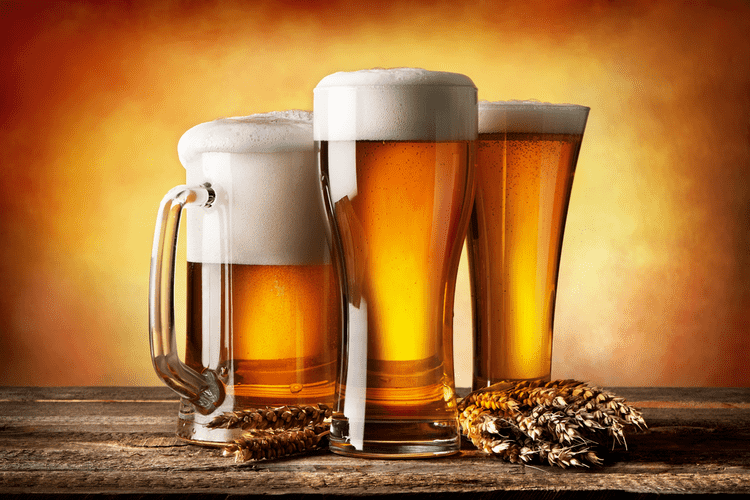From Rehab to ‘I Do’: The Truth About Marriages After Recovery
January 8, 2024
Sobriety also helps in letting go of unrealistic expectations, promoting a deeper understanding of human flaws and the effort required in meaningful connections. Ultimately, it encourages the formation of genuine friendships based on shared interests rather than dependency on substances. Moreover, if substance abuse started before the addict was an independent, self-sustaining adult, then new skills need to be learned. Hopefully, the addict is getting support from a 12-Step program and an experienced sponsor or counselor. With hard work, patience, and love (for yourself and others), reconnecting with the people you care about most and building new, stronger relationships is totally possible. Our recovering loved ones have the same fear we do – that they will return to using/drinking.
- And at the postgraduate-degree level, this falls further to 68%.
- Physical withdrawal can take days to weeks, but psychological recovery often takes months or even years.
- If one of you is more direct and the other more reserved, you find ways to bridge that gap.
- For example, if your family has a Christmas Eve tradition and your spouse’s family celebrates on Christmas Day, you now have two celebrations to enjoy.
- He became both my support system and my target and we were utterly codependent as many alcoholics can be (me, not him).
Here Are Some Strategies for Learning to Heal from Trauma Caused by Addiction in Relationships

A crucial aspect of recovery lies in rebuilding the trust corroded by alcohol addiction. Soberlink is a remote alcohol monitoring system that provides documented proof of sobriety, fostering trust and accountability in relationships marred by alcohol misuse. When AUD exists in a marriage, it’s crucial to get on the same page about the treatment and recovery journey, which may require complete abstinence from alcohol. Understandably, this can be a challenging adjustment, especially when social drinking is a common aspect of many social interactions. However, supporting a spouse with AUD often means embracing lifestyle changes for their health and the health of your relationship. Drug addiction may be one of the most challenging experiences in a person’s life.

Me time, we time balance
Recovery doesn’t just save an individual; it offers the chance to save a marriage and build a new, beautiful life together. Amidst the hard work, it’s crucial to rediscover the joy in your relationship. Boundaries are not punishments; they are guidelines that protect the well being of both individuals and the relationship. Navigating these changes brings several predictable challenges.

Role of routines in sustaining recovery
- They facilitate open communication about needs and concerns while minimizing misunderstandings that can lead to conflict.
- However, addiction is not healthy or nurturing—it’s a destructive cycle that harms both the individual and their relationships.
- For example, honesty and openness are key components in any healthy relationship.
- The dynamics within a relationship can shift significantly after marriage.
- In the early stages of recovery, usually the first six to twelve months, it’s advisable to avoid dating, as they are still adjusting to sober living.
They both feel sorry for themselves, blame one another, and have Sober living house guilt and shame, but Underdog feels guilty needing help, and Top Dog feels guilty not giving it. When long-awaited sobriety finally arrives, partners expect their past relationship problems will disappear. Often, there is a “honeymoon” period when they’re on their best behavior and reaffirm their love and commitment.
- This journey is as much about discovering who you have become as it is about re-learning who your family members are.
- Sobriety also helps in letting go of unrealistic expectations, promoting a deeper understanding of human flaws and the effort required in meaningful connections.
- Combining these preferences involves compromise and creativity, resulting in a space that feels like home to both of you.
Try not to enable their substance use behaviors, but also try to release expectations of perfection. It’s suggested that you’re careful of these behaviors, as they can lead to a codependent marriage changes after sobriety dynamic. Go on dates, be completely honest with one another, and try to treat the marriage as a new relationship. “The sober partner has to learn to stop managing their spouse’s life,” says Dr. Wijkstrom. The supportive partner may also go through their own emotional process. It’s often very difficult for the partner to let go of the resentment, anger, and fear they’ve felt over the time their partner was using drugs and alcohol.

